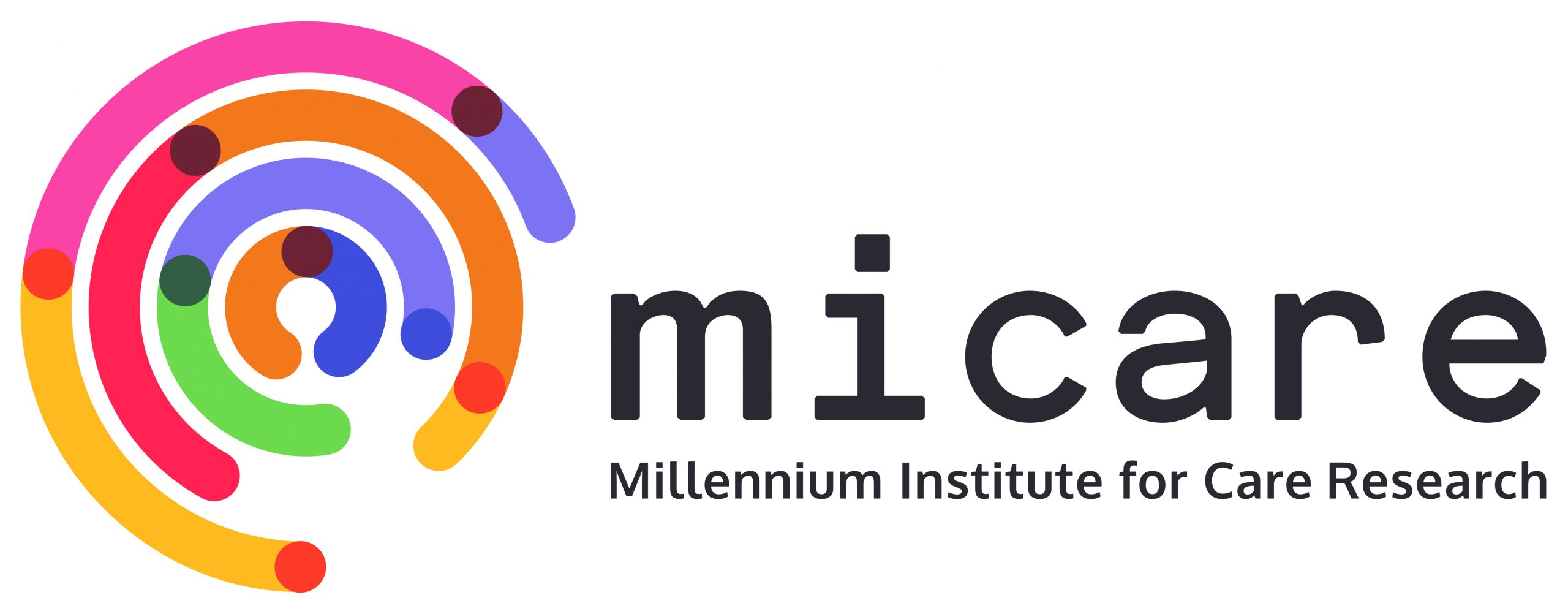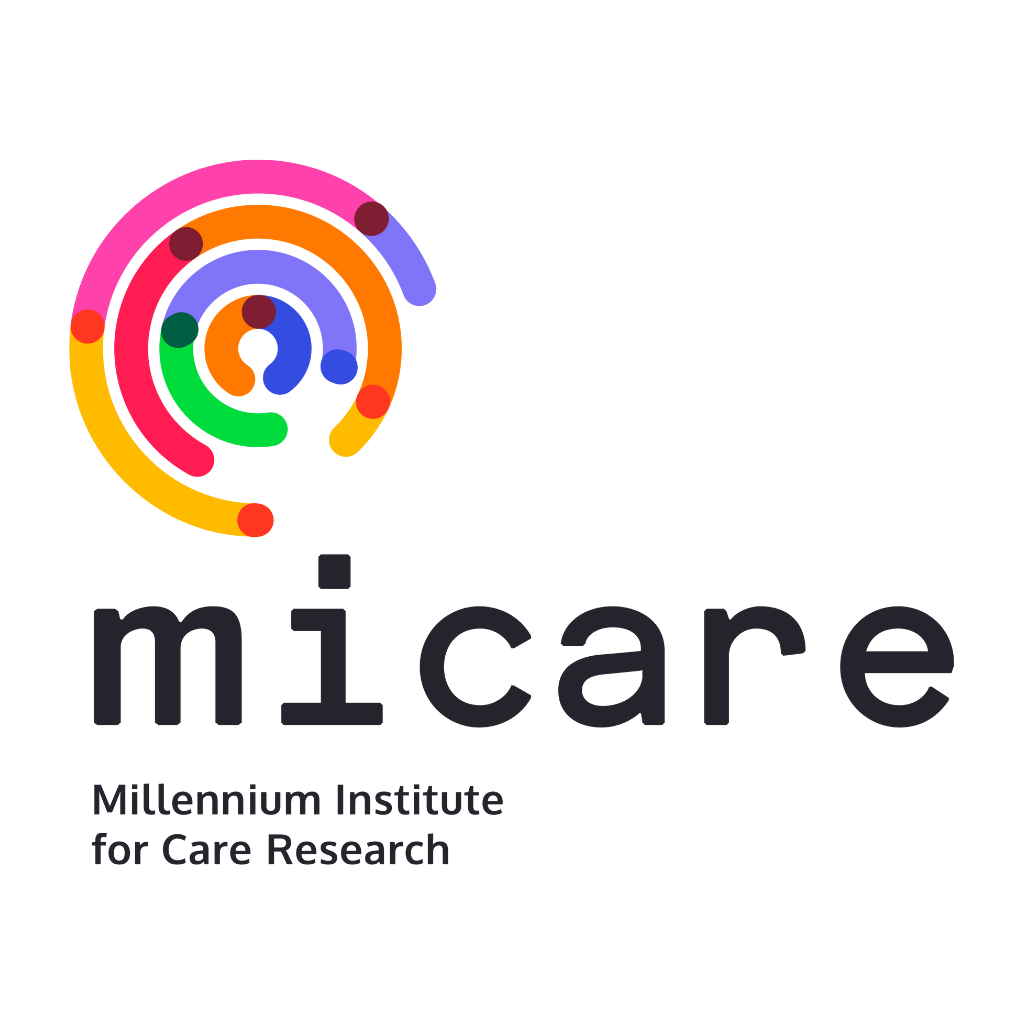By Natalia Correa.
On Tuesday, March 29, we held a seminar to address and explore the current challenges, successes, and opportunities presented by inclusive research on disability.
In this instance, we had the presence of professor Gemma Díaz-Garolera from the University of Girona, Spain, who is a doctor in Education and studies the transition to adult life of people with intellectual disabilities, inclusive education and social inclusion. In her presentation, she highlighted the value of inclusive research, since it makes people with disabilities part of the process, who are the experts by experience on this topic:
“Research carried out in an inclusive manner represents a powerful source of knowledge of the needs of a population that has been silenced and not listened to historically, and allows improving the quality of life of those people,” she explained.
Vanessa Vega, MICARE’s associate researcher, a doctor in Intellectual Disability and a professor at Pontificia Universidad Católica de Valparaíso, also participated with a presentation on the different roles in inclusive research and the need for this methodology to become much more common when studying intellectual disability:
“We still have many challenges to make research accessible, to move forward so that inclusive spaces are more every day, and we have more people with inclusive disabilities investigating”, she commented.
We also counted with Andrés Aparicio, associate researcher at MICARE, who studies body diversity, the social participation of people with disabilities from experience, and the interaction between technology and care practices. At the seminar, Dr Andrés Aparicio spoke about the need to question methodologies to verify that they are really inclusive:
“Being a stranger as a method of asking questions. If I, as a foreigner, misfit myself, I am encouraging questions, I am opening spaces to question. And in this case, what do I want to question? The investigation. I can get closer to the experience of disability. This way, I can be a good co-researcher in a team with other researchers with disabilities”.
Finally, Carolina Lucero and Gonzalo Osorio, spokespersons at MICARE and researchers at Núcleo Accesibilidad e Inclusión PUCV, spoke about their work as experts based on experience in inclusive research and what this role consists of:
“We have done many different things, such as developing a mobile application that evaluates accessibility in spaces, we have made a book, we have presented in seminars. It has been a very entertaining experience for us. We have realized that we can contribute a lot to investigations with our knowledge as experts from experience”, says Gonzalo Osorio.
Carolina Lucero assures that spaces for people with intellectual disabilities in research did not exist before, there was no accessibility. “We have workshops where we discuss project objectives and give our opinion. That makes the investigations respond better to the need we have as a group”.
Watch the full seminar in this special playlist we made on our YouTube channel:





